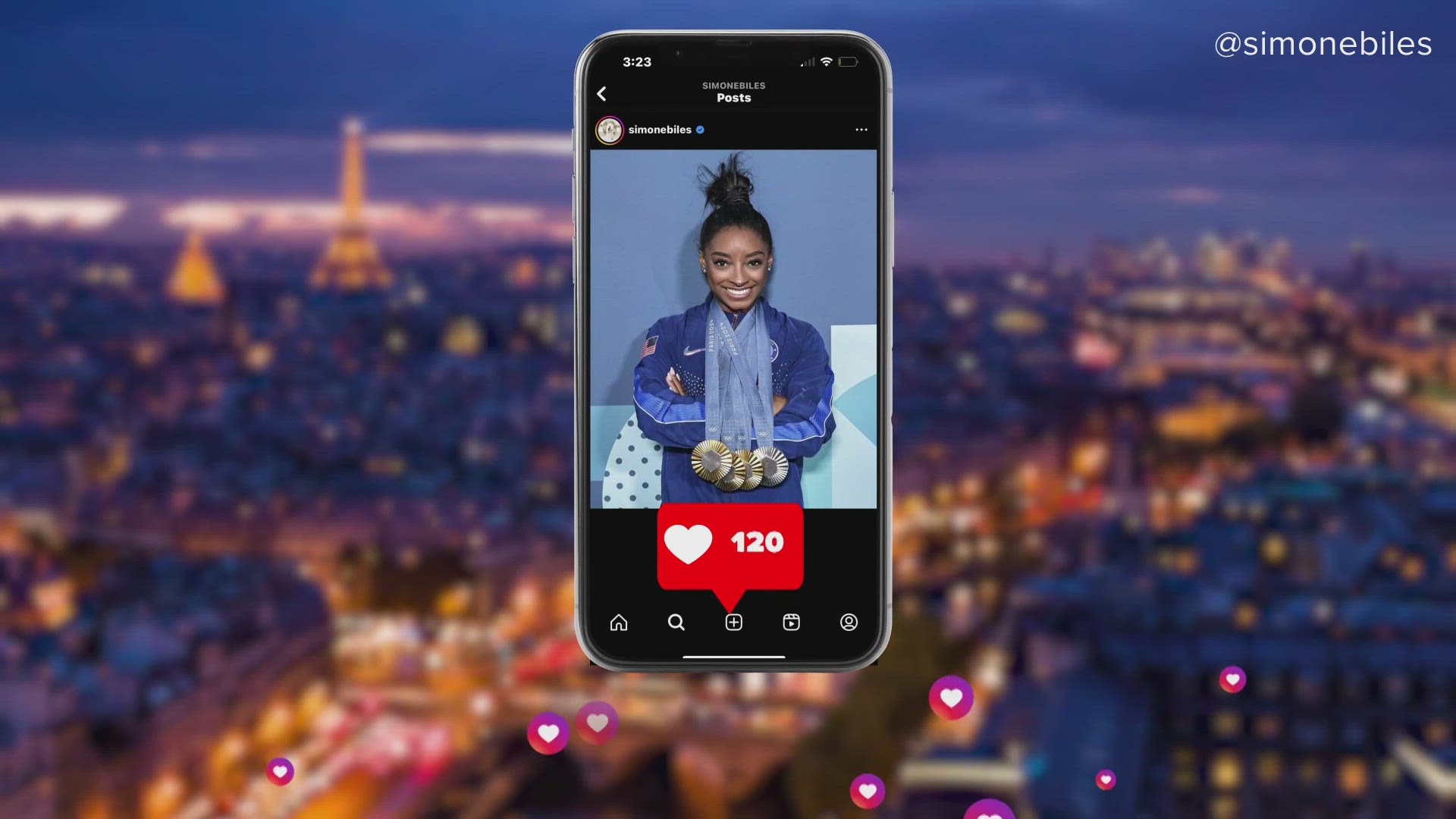PORTLAND, Maine — For the athletes competing at the 2024 Paris Olympic games, there's more on the line than just a medal, like the opportunity for brands to gain tons of money from sponsoring athletes who attract new potential customers.
The University of New England's Dean of Business Norm O'Reilly said while athletes are competing at the highest level for gold, silver, and bronze, brands are competing as well, working to find the best way to bring in big dollars through sponsorships.
O'Reilly attends the Olympic games regularly, completing research on sports data, sports management, sponsorships, and marketing. He said brands like Coca-Cola and Visa have long been official sponsors for the Olympic games.
"These are the type of organizations that have that association, and they invest a lot in the Olympics, and the Olympics gives them a lot of return," O'Reilly said.
His deep research dives reveal how quickly brands generate big dollars through advertising campaigns as they partner with the International Olympic Committee (IOC) and the National Olympic Committee (NOC).
"Our studies kind of show and others have kind of shown that 40 percent of us in developed countries will respond with our purchase patterns and our interest," he said.
With the rise of digital marketing, it's crucial for companies to feed the public's fascination with sports and the athletes who play them, O'Reilly explained. Through sponsorships, athletes can generate a lot of attention for themselves, the games, and the companies and brands that sponsor them.
In the past, the IOC has prevented athletes from interacting with brands that are not official sponsors of the Olympic games, restricting athletes from using their name, image, or likeness to self-market brands that they have endorsements, brand deals, and partnerships with during the full-time period that the Olympics were going on.
The restriction fell under Rule 40.3 of the Olympic Charter and associated IOC, but shortly before the 2020 Tokyo Olympics games, the rule was amended, relaxing rules concerning athletes and partnerships with unofficial sponsors.
Now, athletes have more freedom to showcase brands that they partner with, interact with them on social media, and participate in advertising while at the games. Athletes cannot wear merch from brands, showcase them, or participate in advertising while competing in their individual sport, but after their race, meet, or routine is done, they can work their magic.
O'Reilly said there's no better way for brands to capitalize on the opportunity to reach new customers than attaching themselves to high-performing athletes, using their image and likeness to lure people in.
"So, I mentioned Katie Ledecky, LeBron James, Serena Williams if she was playing," he said. "You start drawing people in who really didn't have an interest before in that particular sport as a spectator. And then they're watching it on television, they're streaming it, they're buying merchandise, they're going to games. They're talking about that athlete, and then, that just all combines to generate that growth."
O'Reilly said the rule changes give athletes and brands the room to cash in, but he explained the benefit for the athlete is measured by the level of the athlete.
"If I've got a huge following and I can help a company reach hundreds of thousands if not millions of people. And I've got a cool charisma, I'm a high performer, I'm someone they want to associate with, I can generate an excess of one million dollars of revenue just from that alone," O'Reilly explained.
Non-Olympic sponsors still have to remain in compliance with the IOC's guidelines that detail how they can interact with Olympic athletes during the games. Non-Olympic sponsors were also required to notify the IOC and applicable NOC of advertising campaigns before June 18, 2024.

